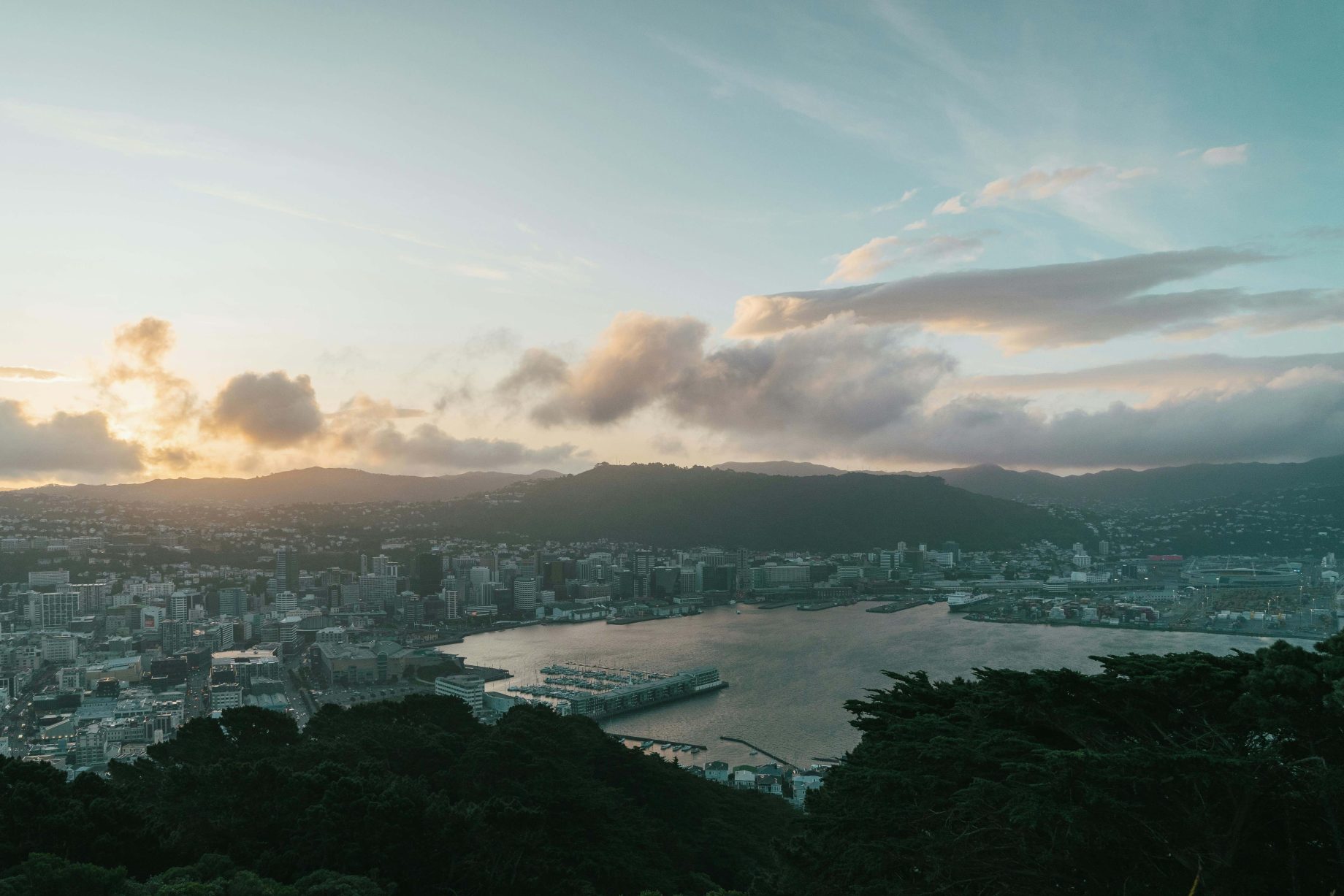Fewer cruise ships are docking in New Zealand, a trend that could hit tourism and trade hard. While ports worldwide see record crowds and high passenger spending, local numbers are slipping.
“Pre-Covid, we were the fastest growing cruise industry in the world; now we are struggling to keep up, and we need to do whatever we can, at this point in time, to make sure we don’t get left behind,” says travel journalist Dan Lake. The country is now losing ground in the competitive global cruise market.
Global Cruise Market Comparison
Jacqui Lloyd, chief executive of the New Zealand Cruise Association, says the country is falling behind. “There is global growth across the world, and we are the only country seeing the reduction, and that is concerning,” she says.
Economic Impact on New Zealand Ports and Tourism
New Zealand’s cruise sector contributed $1.37 billion to the economy in 2023/24, including $637 million in direct spending and $730 million in jobs and supplier support. Cruise passengers spend $282 daily on average, slightly below other tourists.
Bookings for the 2025/26 season are expected to fall by 40 per cent, impacting 20 of 21 ports. “That’s going to hit hard … and that’s going to be a hard pill to swallow for a lot of tourism operators and hospitality providers,” Lloyd says.
Operational and Regulatory Challenges
“For a very long time … a number of cruise lines have said New Zealand is ‘No Zealand’,” Lloyd says. “We have always been hard; there’s always extra regulation, it’s always ‘no you can’t do this, and you can’t do that, no that’s going to cost you more’.”
Environmental Standards and Cruise Competitiveness
New Zealand’s strict biosecurity and environmental standards are well-intentioned but also affect industry competitiveness. Older ships with higher emissions may be denied entry, while newer sustainable vessels rarely visit.
“Clean and green is why people want to come here,” Lake says. Lloyd adds, “Cruise lines do not want us to lower our standards, at all.”
Government Strategy and Industry Collaboration
A government-led working group meets every six months, including customs, MPI, ports, cruise agencies, and cruise lines. Ports are reconsidering pricing, and Port of Auckland is expanding under a fast-track regime.
“The message coming through very loudly from the tourism minister is that New Zealand wants cruise, we need cruise, and we are welcoming to the cruise lines and cruise passengers because they certainly support a lot of businesses through summer that allow them to stay operational over winter,” Lloyd says.
“It’s not sinking, but it may be Jack and Rose [from the movie The Titanic] on the door, wading in the water. I think that’s maybe where we are at, at the moment. And we just need a rescue to come along and fix everything up.”












